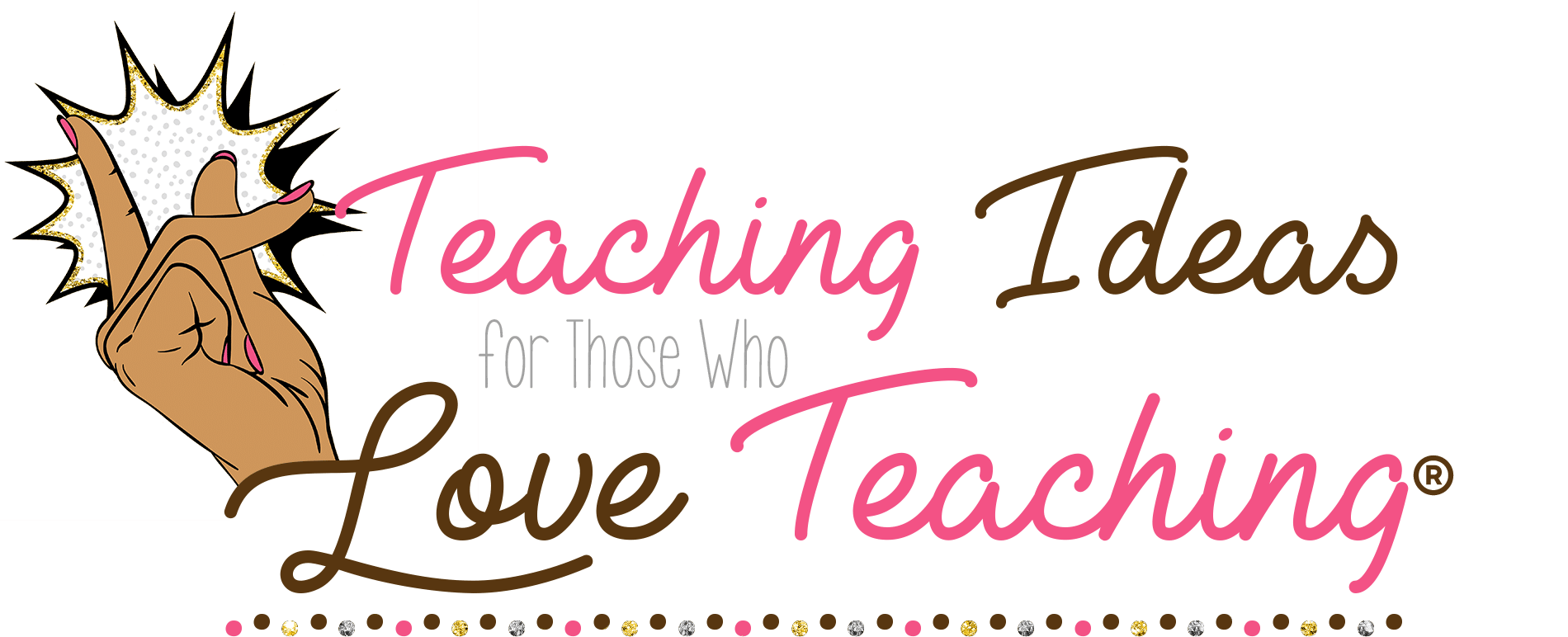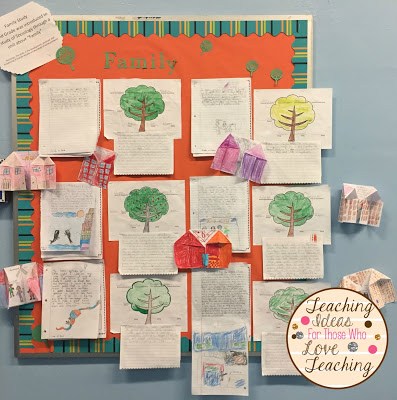
-
Studying family creates a stronger sense of identity.
We begin forming a sense of individual identity as toddlers. We lay most of the groundwork for who we’ll become between the ages of 5-9. The core aspects of our personality are usually in place by our preteen years. Learning about where we come from during grades K-3—including the values and traits we share with our close relatives—entwines our individual identity with a sense of permanence, belonging, and stability. This in turn leads to increased confidence and self-esteem.
-
Creating a family tree can help a child begin to understand his or her place in the world.
One of the core “journeys” of childhood is the transition from being a completely dependent, self-focused infant to being an independent, generous adult. When a child creates a family tree, he starts to see how he’s connected to something “bigger” than himself. He starts to think about how his relatives have influenced his life and how he’s changed theirs.
- A young child’s capacity for “big picture” thinking is limited. Young children need to engage with broad concepts like “society” in smaller, more personal ways than adults do. Ideally, you should limit a young child’s family tree to just the two most recent generations. Filling it with people the child has actually met will help him to visualize and understand the concept of greater connectedness. Here is a family tree project and lesson I created specifically for young students. This unit not only builds a sense of family, it also helps to create a sense of community.
Interestingly, the popularity of genealogy in America (where the practice first made the transition from being an occupation of the wealthy to being an everyman pastime) can be attributed to this same need for a “local connection.” In the 1800s, genealogy (then known as “antiquarianism”) became a popular way to study local history and honor the achievements of the community, thereby building a sense of American identity.
-
Thinking and writing about family groups improves a child’s social skills. The sense of interconnectedness described above helps to increase a child’s ability to empathize.
When children see how familial interactions have actively shaped their lives, they start to think more deeply about the impact their own actions can have on others. They begin to see that we’re all part of an interdependent web where caring, sharing, and providing assistance factor heavily into everyone’s continued happiness and success.
-
Studying family history is a great catalyst for developing a general interest in history.
For many children, history is a dry and distant subject. The dates, facts, and names contained in history books can easily feel completely irrelevant to a child’s life (and therefore profoundly dull). While teachers try many tactics to make history seem more “alive” to their students, they often overlook the literal “living history” contained in a child’s own immediate family tree. By exploring the world of their parents and grandparents, even young children can forge a personal connection to the past and begin to grow an understanding of how historic events have shaped our current reality.

For more great December blog posts, check out the blog posts below:









4 Comments
Wild Child
December 12, 2016 at 4:26 amMichelle! I so enjoyed reading about your ideas. Your post reminded me of my time spent teaching second grade when I taught oral storytelling to my students. We focused on family stories. Thanks for the trip down memory lane!
Deann Marin
December 12, 2016 at 4:51 pmThis is so important for everyone. Our families play such an important part of our lives and make us who we are. I studied Family Therapy while in Grad School, and family interactions are so interesting.
Marcy Howe
December 17, 2016 at 6:11 pmMichelle, thanks for this interesting post. It's important for students to gain an understanding that people who've come before them have had an impact on present-day events–especially to their personal lives.
Print Path
December 17, 2016 at 8:55 pmFun and relevant project ideas! Thanks!!